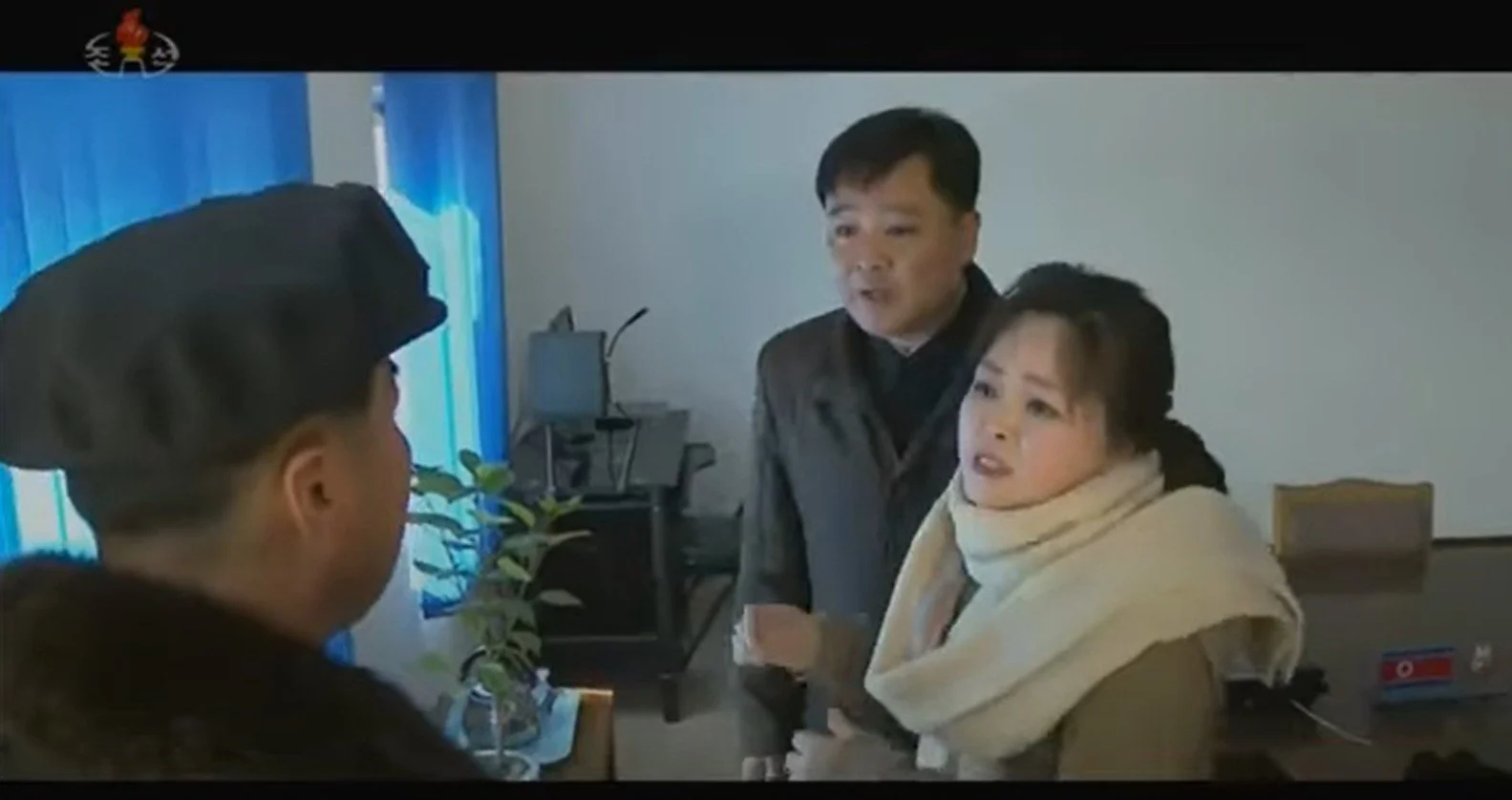North Koreans Embrace Fall “Moving Season” for Practical Reasons
A recent report highlights a growing trend of North Koreans moving homes during the autumn, mirroring a pattern common in South Korea. This "moving season" is not driven by state orders but by the personal, practical desires of ordinary families seeking a better quality of life.
A survey of residents in 13 cities found the primary motivations are practical: to be closer to reliable water and electricity sources, or nearer to marketplaces and schools.
The trend reveals that citizens are actively making decisions to improve their living situations, often paying a premium for a smaller home if it has better utilities.
Some moves are also driven by a need to escape state surveillance or displacement from state development projects, for which residents reportedly receive no new housing.
Source: Daily NK, Maeil Business
A North Korean Family's New Life, 10 Years After Their Escape
A decade after the BBC documented their harrowing 3,000-kilometer journey to freedom, the Park family shares their story of adjustment and life in South Korea. The follow-up provides a rare look at the long-term challenges and triumphs of rebuilding a life from scratch.
The family reflects on the memories of their escape and the intense fear of being caught and repatriated, a fate they knew would mean certain death.
They discuss the profound cultural and psychological adjustments to life in a free, modern society, from learning a new way of speaking to dealing with the trauma of their past.
The story contrasts their current freedom with the increased crackdowns and "shoot-to-kill" border policies that have made such escapes nearly impossible today.
Source: BBC News (YouTube)
Sisters of Japanese Woman Abducted by North Korea to Meet US President
The sisters of Keiko Arimoto, a Japanese student abducted by North Korean agents in 1983, are meeting with U.S. President Donald Trump during his visit to Japan. Their story highlights a decades-long search for answers and a family's refusal to give up hope.
Keiko Arimoto was 23 and studying in London when she was lured to Denmark and abducted to North Korea; her family has not seen her in over 40 years.
Her sisters, now in their 60s, are continuing their elderly parents' fight, seeking international pressure to get an accounting for Keiko and other abductees.
The meeting transforms a high-level political visit into a deeply personal plea, focusing on the human cost of the regime's past actions.
Source: JAPAN Forward
Why North Korea fears the “Squid Game effect”
Three defectors, recently interviewed, confirmed that smuggled South Korean shows, like Autumn In My Heart and Squid Game, opened their eyes to the lies of the regime and the prosperity of the outside world, directly inspiring their escapes.
The regime has responded with extreme measures, including the 2020 "Law on Rejecting Reactionary Thought and Culture," which makes viewing or distributing foreign media punishable by death or life imprisonment.







